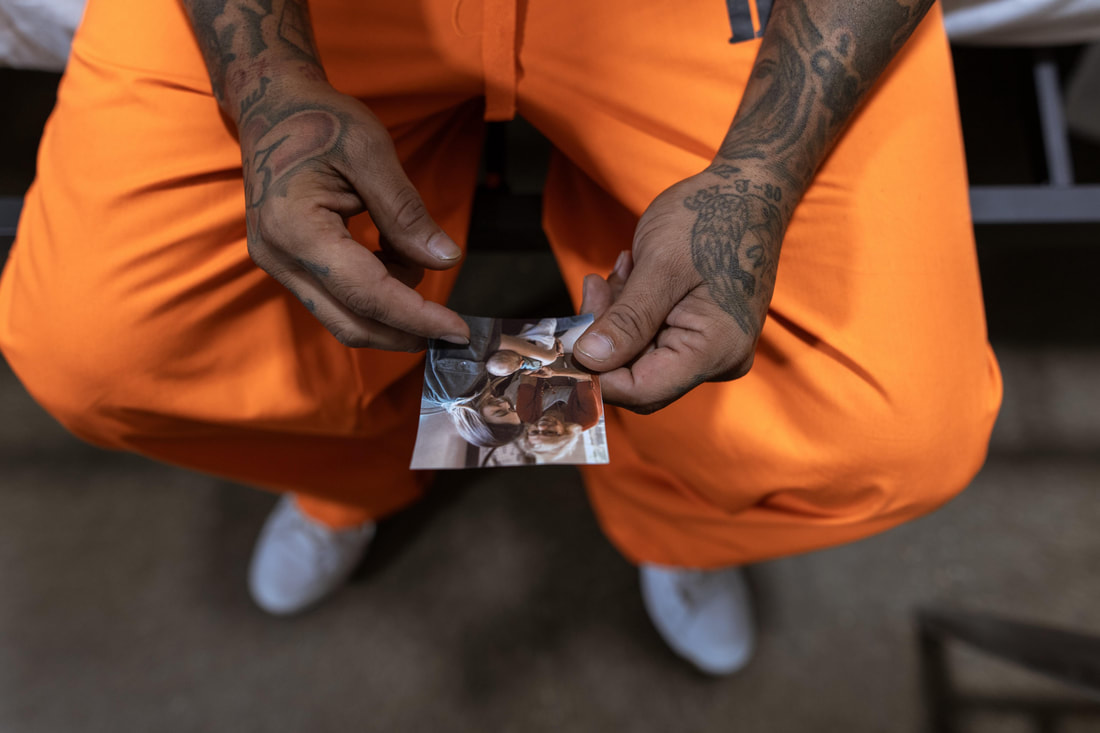|
By SURJ Bay Area Norman Williams was sentenced to life for stealing a car jack from the back of an open tow truck. Charles Ramirez got a life sentence for stealing a car radio. Vincent Rico, too, for the petty theft of two pairs of children’s shoes from a department store. Why such harsh sentences? All were sentenced under California’s Three Strikes Law, which made it mandatory for anyone convicted of three felonies to serve 25 years to life sentences if any two of the crimes were considered serious or violent. Repeal Three Strikes is a campaign to reverse California’s Three Strikes law which was signed into law by Governor Pete Wilson in March 1994, in the wake of the tragic, high-profile murders of two young girls, Kimber Reynolds in Fresno and Polly Klaas in Petaluma. Despite a crime rate that was already trending downward and warnings by the non-partisan Legislative Analyst’s Office of the fiscal and programmatic problems with implementing it, Californians moved forward with enactment of the law. The law was reaffirmed in November of that same year by voters, who overwhelmingly approved Proposition 184, an essentially-identical ballot measure. According to Stanford Law School’s Three Strikes Project, more than half of the people sentenced under the law were given life sentences for nonviolent crimes. Take, for example, Eddie Griffin, sentenced to life for possession of crack cocaine, Alex Maese for possession of a fragment of a cotton ball containing 0.029 grams of heroin, and Gregory Taylor for breaking into a church soup kitchen to take food he knew the church would happily give him. None of these cases took into account issues of substance dependency, poverty, hunger, unemployment, and lack of opportunities, which might have affected trial outcomes. In 2012, California voters passed a measure that reformed Three Strikes, requiring all three felonies to be “violent or serious.” In the wake of that change in the law, 2,200 non-violent, non-serious third-strikers were paroled. A 2018 report by The Guardian showed that an additional 4,000 people incarcerated in California were eligible for parole. Despite this reform measure passing almost a decade ago, people whose third offense was as minor as stealing a bicycle or shoplifting have yet to be released. In fact, a majority of those incarcerated under Three Strikes remain behind bars even though many of them qualify to have their cases heard by a judge or parole board. Three Strikes disproportionately targets people of color, who are more likely to have a record in the first place because of higher levels of contact with police and the justice system. State figures show that almost 79% of Americans serving life sentences in California prisons are people of color. The percentage of the incarcerated population that is Black, Indigenous, or people of color far outweighs their representation in the overall U.S. population. According to a report by the Justice Policy Institute, Black people were 12 times more likely than white people to be incarcerated in California under the Three Strikes law. American Indians and members of the Latinx community were also far more likely than white people to be given life sentences under Three Strikes. Families and communities are deeply affected when one of their own is convicted and sentenced to life in prison. Parents are taken from their children, husbands and wives taken from their spouses, wage earners, workers, voters, taxpayers, and leaders are removed from the community. Felony convictions can also mean restrictions on voting, obtaining federal benefits, and getting a job in many other states. The psychological strain and economic hardship impact those left behind; children whose parents are involved in the criminal justice system are six times more likely to be involved in the system themselves. These impacted communities are in desperate need of action that disrupts a devastating process that has become the status quo in California. The NAACP reports that more than one in six Black men, who should be between 25 and 54 years old, have disappeared from society. The main drivers of this stark vanishing include incarceration and early deaths, a vulnerability for the incarcerated and formerly incarcerated. SURJ Bay Area is partnering with the Repeal California’s Three Strikes Law Coalition in an effort to repeal the law with a 2022 ballot initiative. To take action toward justice now, you can donate to the campaign here: https://www.repealthreestrikes.org/mission-and-vision. Justice means acknowledging that some crimes are borne of poverty and desperation. It means recognizing that years of redlining, racist housing laws, and gentrification have decimated neighborhoods of color. It means addressing the fact that Black, Indigenous, or people of color are disproportionately targeted by law enforcement. It means fighting against a justice system that hands down longer sentences to people of color than it does white people for the same crimes. People who are caught up in this unjust system don’t deserve to be thrown away. Comments are closed.
|
Find articles
All
Browse by date
July 2024
MEDIUM |
© COPYRIGHT 2017-2024 SURJ BAY AREA. ALL RIGHTS RESERVED.



 RSS Feed
RSS Feed